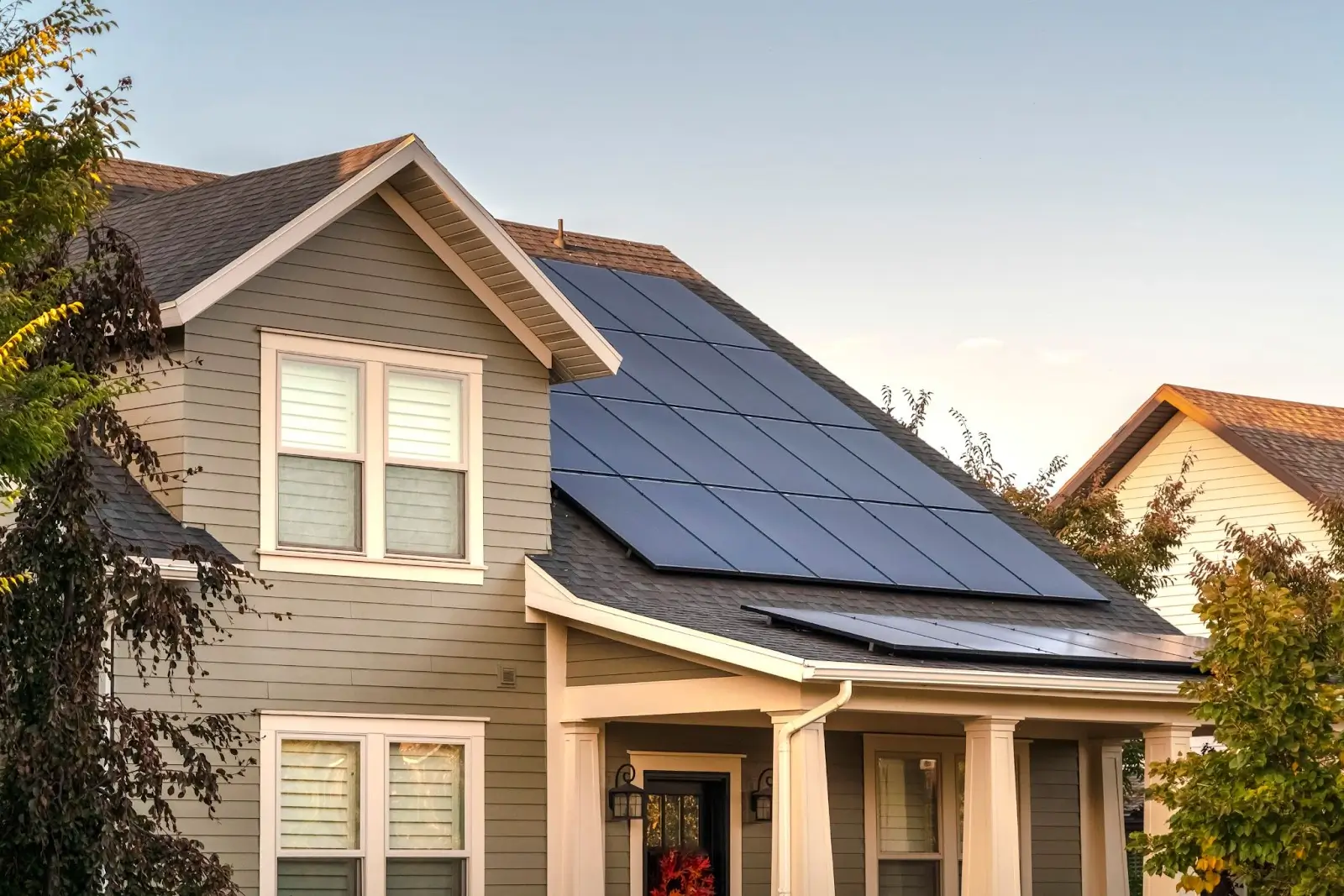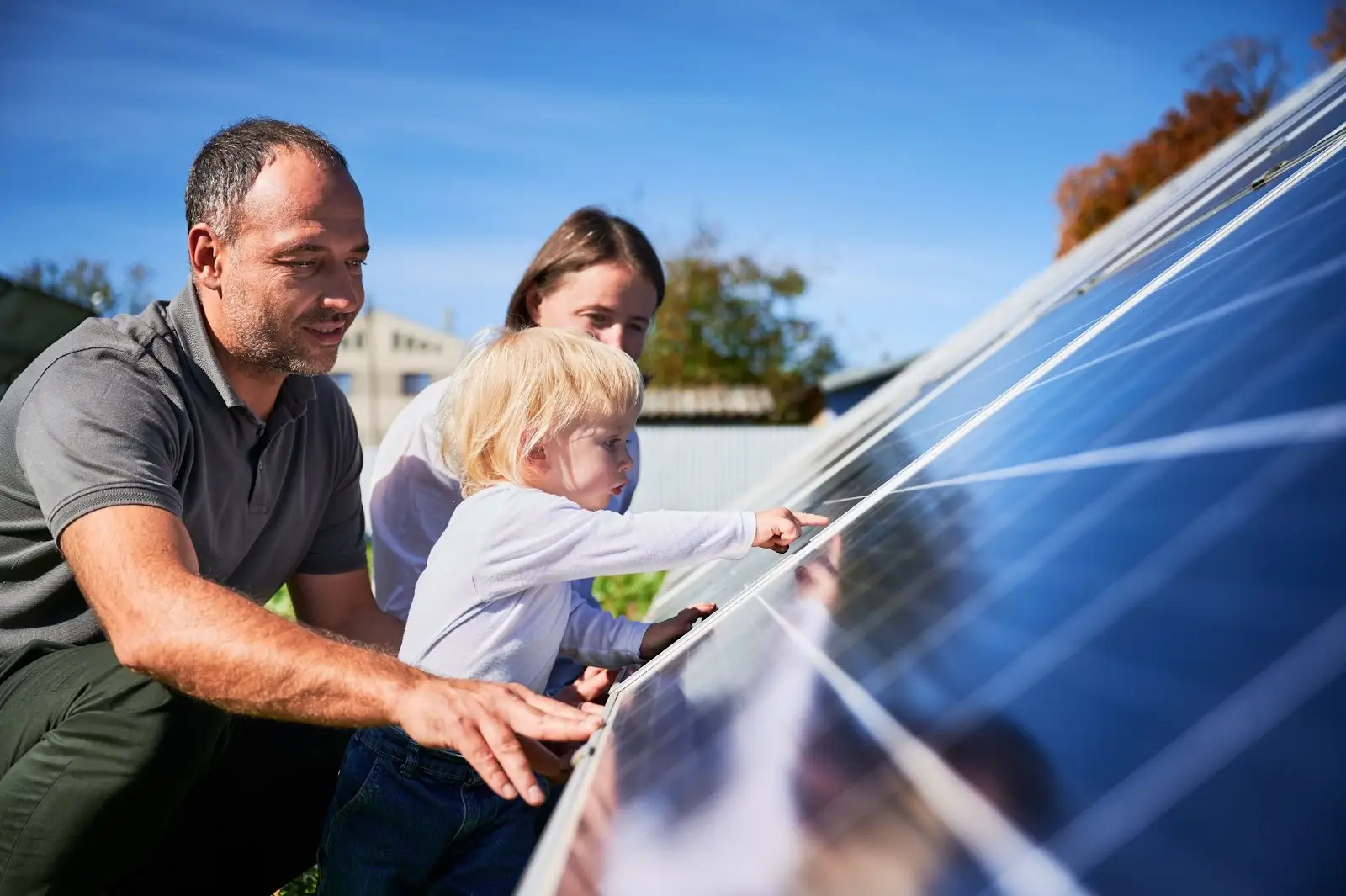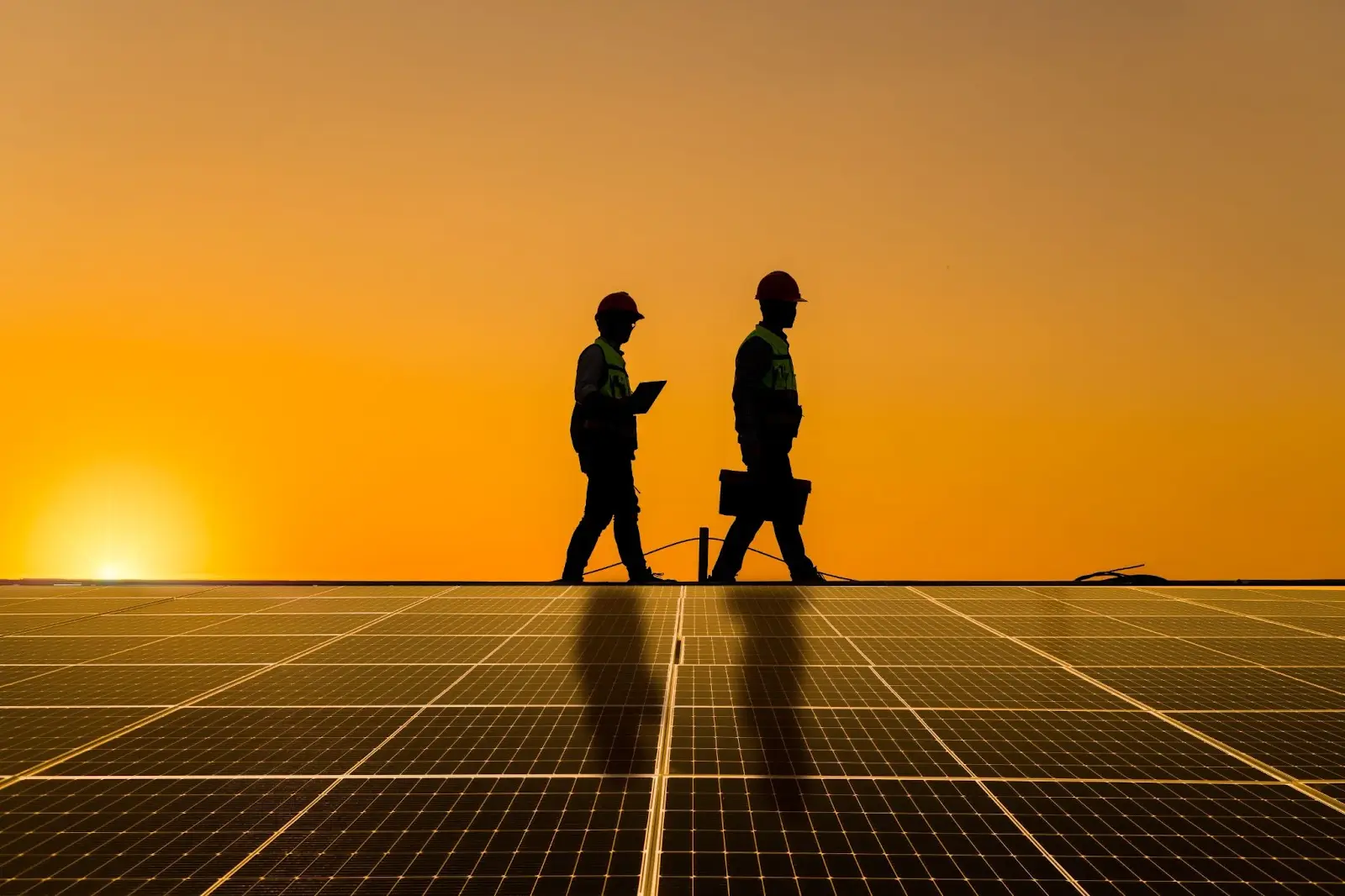In recent years, many homeowners have considered switching to solar energy as a sustainable and cost-effective alternative to traditional electricity sources. However, before making the leap, it’s essential to assess whether solar panels are worth it for your specific circumstances.
This comprehensive guide will explore the various factors to consider when determining the viability of solar panels, such as location, cost, savings, and sustainability. By understanding the pros and cons, you can make an informed decision about embracing solar energy.
Are solar panels worth it?
Switching to solar panels can be a worthwhile investment for many homeowners. However, whether solar panels are worth it or not depends on several factors that should be considered.
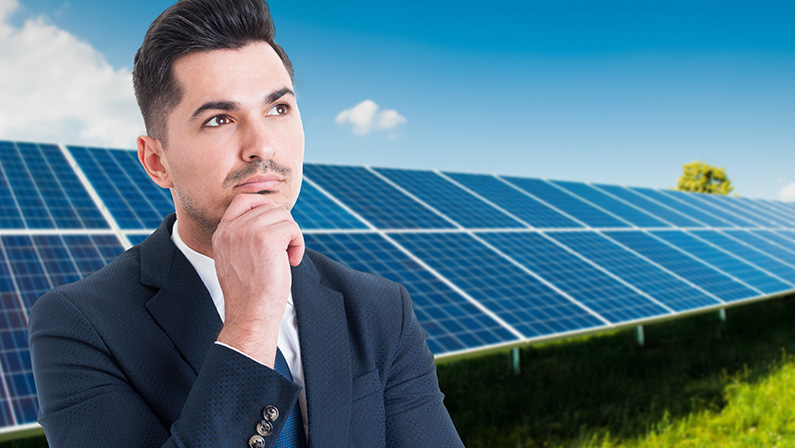
Ultimately, the decision of whether solar panels are worth it depends on your specific circumstances, including location, energy consumption, upfront cost, and personal priorities. Consulting with a reputable solar provider and assessing the financial aspects can help you make an informed decision.
When are solar panels worth it?
Determining the right time to invest in solar panels requires a careful evaluation of several key factors. While solar energy offers numerous benefits, it’s essential to consider specific circumstances that make solar panels truly worth it.
Location
The location of your home plays a crucial role in determining the effectiveness of solar panels. Areas with abundant sunshine and favorable weather conditions generally offer better solar energy potential. Factors such as latitude, local climate, and shading from trees or buildings should be considered when assessing the suitability of solar panels for your location.
Your Home’s Roof
The condition, orientation, and available space on your home’s roof are vital considerations for solar panel installation. South-facing roofs with minimal obstructions tend to yield the highest solar energy output. Moreover, the structural integrity and age of your roof should be evaluated to ensure compatibility with solar panel installation.
Local & Federal Tax Incentives
To encourage the adoption of solar energy, many regions offer attractive financial incentives. These incentives can significantly impact the cost-effectiveness of solar panel installation. Research local and federal tax credits, rebates, and other incentives available in your area to determine the potential financial benefits of going solar.
Energy Consumption
Analyzing your household’s energy consumption patterns is essential when evaluating the worthiness of solar panels. Understanding your electricity usage and peak energy demand will help determine the appropriate size and capacity of the solar panel system required to meet your needs. This analysis directly affects the potential savings you can achieve by switching to solar.
How much do solar panels cost?
The cost of solar panels and installation varies depending on various factors, including the size of the system, equipment quality, installation complexity, and regional differences. While the upfront cost of solar panels can be significant, it’s important to consider the long-term financial benefits they offer.
How much can you save with solar?
Switching to solar can result in substantial savings on your energy bills. By generating your electricity, you reduce reliance on the grid, which means lower monthly utility expenses. The amount you can save depends on factors such as your energy consumption, the size of your solar panel system, local electricity rates, and available solar resources.
Pros of Switching to Solar
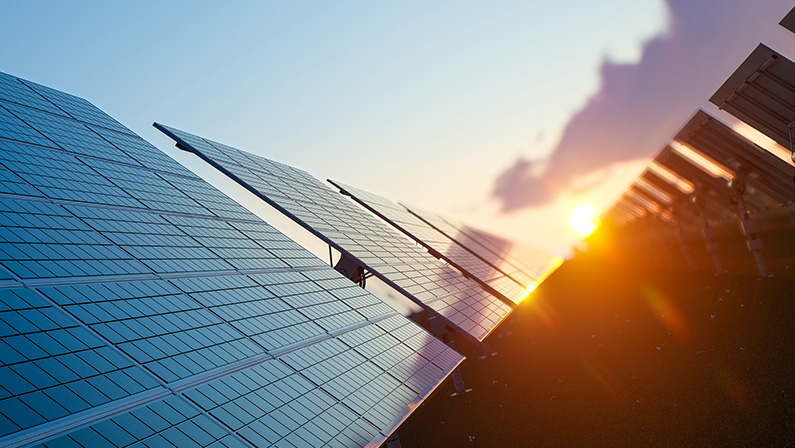
As a clean and renewable energy source, solar power offers a wide range of benefits that make it an attractive option for individuals and businesses. Harnessing solar energy offers several advantages:
Reduce Your Carbon Footprint
Solar energy is a clean and renewable energy source that produces no greenhouse gas emissions during operation. By using solar panels, you contribute to mitigating climate change and reducing your carbon footprint.
Save on Energy Costs
One of the primary motivations for switching to solar is the potential for long-term savings on energy bills. As electricity rates continue to rise, generating your electricity with solar panels can provide protection against increasing energy costs.
Taking Advantage of Solar Incentives
Government incentives, tax credits, and rebates can significantly reduce the upfront cost of solar panel installation, making it more financially viable for homeowners. By capitalizing on these incentives, you can further enhance the economic benefits of going solar.
Increase Home Value
Solar panels can boost the value of your home. Studies have shown that homes equipped with solar panels tend to sell at a premium compared to non-solar homes. The presence of solar panels can be an attractive feature for prospective buyers concerned about energy efficiency.
Long-Term Savings
While the upfront cost of solar panels may seem significant, they offer long-term savings. Solar panels have a lifespan of 25 years or more, and once installed, they require minimal maintenance and have no fuel costs.
Low-Maintenance Costs
Solar panels are generally low maintenance, requiring periodic cleaning and inspections. With no moving parts, the risk of breakdowns and repairs is minimal, resulting in reduced maintenance costs over the system’s lifespan.
Cons of Switching to Solar
While solar energy has gained significant traction as a renewable and sustainable energy source, it is important to consider the potential drawbacks and challenges associated with its adoption. Like any technology, solar energy has its limitations and considerations that individuals should be aware of before making the switch.
High Upfront Cost
The initial investment required for solar panel installation can be substantial. Homeowners should carefully evaluate their budget and financial capabilities before committing to the upfront cost of solar panels.
Weather & Climate Dependence

Solar panels rely on sunlight to generate electricity. Areas with limited sunshine or frequent cloudy days may not achieve optimal energy production. Furthermore, extreme weather conditions such as hail storms or hurricanes can pose risks to solar panels, potentially requiring repairs or replacements.
Home Aesthetics
The appearance of solar panels on your roof may not align with everyone’s aesthetic preferences. While solar panels have become more streamlined and visually appealing over the years, homeowners should consider their visual impact on the overall look of their property.
Space Constraints
Not all homes have sufficient roof space for accommodating an efficient solar panel system. Shade from nearby buildings, trees, or other obstructions can limit the available area for solar panel installation. In such cases, alternative options like ground-mounted systems or community solar programs may be worth exploring.
Expensive Energy Storage
Solar panels generate electricity during the day, and excess energy can be stored in batteries for use during nighttime or cloudy periods. However, energy storage systems can be expensive, potentially adding to the overall cost of a solar panel installation.
Disposal or Recycling Options
While solar panels have a long lifespan, there may come a time when they need to be replaced. Proper disposal or recycling of solar panels is crucial to minimize environmental impact. Homeowners should explore local options for recycling or safe disposal when considering the lifecycle of solar panels.
How sustainable is solar energy?
Solar energy is highly sustainable as it relies on the abundant and renewable resource of sunlight. With minimal impact on natural resources and no greenhouse gas emissions during operation, solar power offers a clean energy solution. As technology advances and costs decrease, solar energy is becoming more accessible, making it a key component of a sustainable energy future.
Is switching to solar really worth the cost?
Switching to solar is a long-term investment with various financial and practical considerations. While the upfront cost may be a deterrent for some, the potential savings on energy bills, tax incentives, and increased home value make solar panels an attractive option. Additionally, the positive extensive impact and reduced carbon footprint are invaluable benefits.
In your journey to switch to solar, it’s crucial to rely on experienced professionals like Construct Sun for reliable residential solar panel installation. With their expertise and commitment to quality, they provide tailored solar solutions to homeowners. Construct Sun serves various locations and is dedicated to helping individuals transition to clean and sustainable solar energy.
Make the Switch
Switching to solar energy offers numerous benefits, including potential savings on energy costs, reduced carbon footprint, and increased home value. However, the decision to invest in solar panels should be based on careful consideration of factors such as location, upfront cost, energy consumption, and available incentives.
With the assistance of reputable solar installation services like Construct Sun, homeowners can embark on a more sustainable future by harnessing the power of the sun. Get started and invest in solar today.


